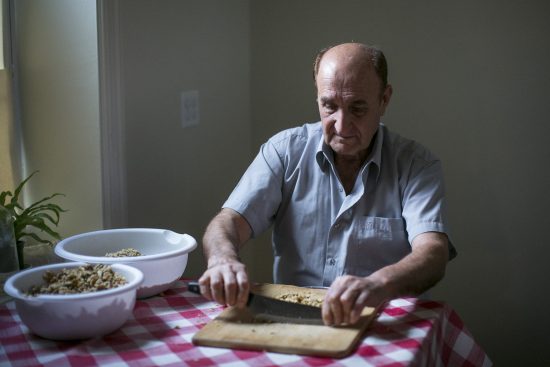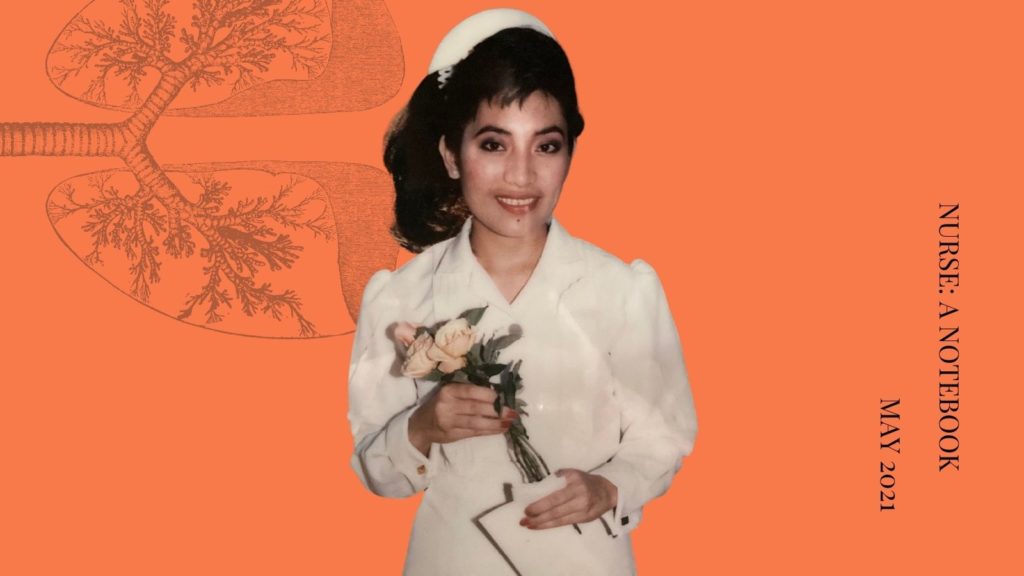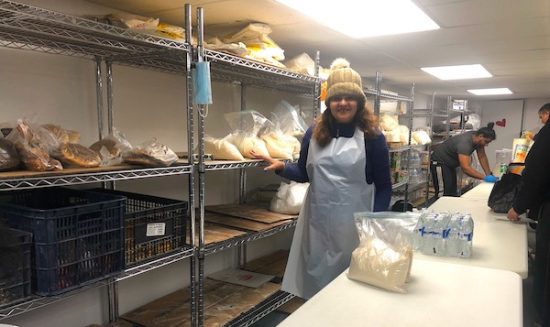Filipino Catholics struggle with their new reality: Shuttered churches and livestreamed Masses.
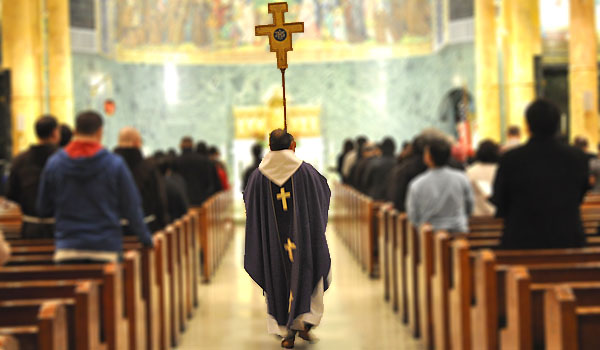
April 3, 2020
In the weeks leading up to the COVID-19 outbreak in New York City, Father Patrick Longalong found himself caught in the middle of conflicting opinions among his churchgoers.
“It was a divided community,” he said of his Catholic parish in Queens. “There were people—actually our Asian parishioners—who understood how serious it was. But others would often ask, ‘Do you really not have enough faith in God that you’re going to cancel Mass?’”
But on March 15, that decision was made for them. The Diocese of Brooklyn announced the indefinite suspension of all Catholic church services across Brooklyn and Queens. “No Bible studies, no prayer meetings, no activities in the facility,” says Father Patrick. “As soon as we did that, we contracted professional cleaners to deep-clean the church.”
At least three parishioners at Father Patrick’s church have tested positive for the coronavirus. One died on March 20. The other two, a husband and wife, are in critical condition. All three of the COVID-19 victims are Filipino. And Father Patrick suspects that there may be a dozen or so more who have contracted the virus among the various other immigrant communities in the parish.
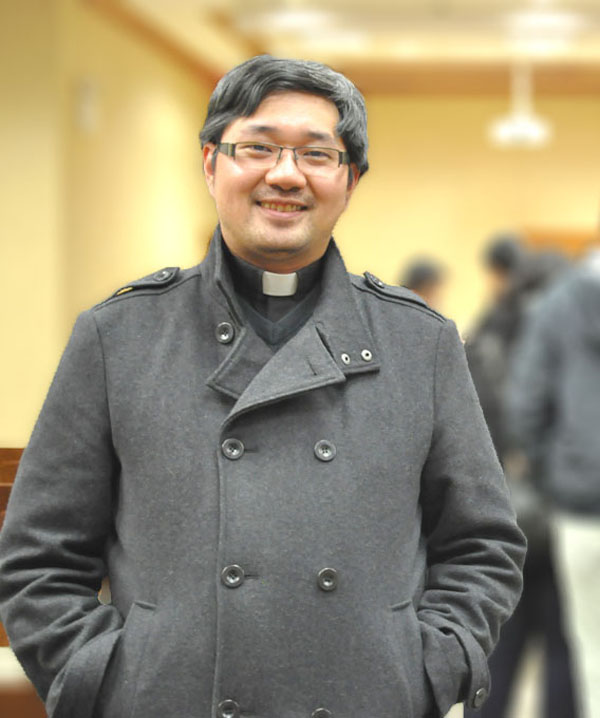
Father Patrick Longalong is a Filipino pastor at Our Lady of Lourdes Parish in Queens Village, one of the most ethnically diverse zip codes in the United States. His parishioners reflect that diversity, representing different parts of Latin America as well as the vast continent of Asia: Indians, Sri Lankans, Bangladeshis, and Filipinos.
According to Father Patrick, opinions about the dangers of the pandemic over the last several weeks diverged along geographic lines of East and West. “For example, in January and February, many of our Filipino members went to the Philippines and heard of what’s happening in China,” he says. “But for those who do not have ties to the Eastern world, maybe they could not wrap their minds around it until it actually arrived here.”
But since those early days of the outbreak, the news that three fellow parishioners have been ravaged by COVID-19 has created more of a consensus among the members of the community who may once have retained doubts about the urgency of the situation. “I think at first they thought of it like, ‘Oh, that’s just an Asian thing,’” says Father Patrick. “But when it started to happen in our own backyard—that’s when it started to click.”
A death in the community would already be considered a tragedy under normal conditions, but the pandemic exacerbates these effects. “A lot of people don’t think about this—but the person that’s dying, they cannot even be surrounded by loved ones,” Father Patrick tells me. He says that the two parishioners in critical condition have daughters in quarantine who have been connecting to their parents’ hospital bedsides via Facebook by the nurse that is tending to them.
With the possibility of large gatherings foreclosed, the pandemic threatens to upend traditional funeral rites. Father Patrick says he is doing what he can to preserve the tradition of a graveside burial, encouraging family members to postpone burials should the virus subside in a timely manner. Still, there is no immediate end in sight; some sources project New York’s lockdown could last until June.
Beyond these cosmic extremes, the everyday cultural consequences of the Church’s social distancing measures are deeply felt by many Filipinos. “Regardless of what their religion is—because there are quite a few religions in the Philippines—Filipinos are deeply connected spiritually,” says Father Patrick. “We are also very communitarian, so church is something that we are drawn to as a social event.”
Father Patrick tells me a story about a recent phone call he received from another pastor in the area shortly after the lockdown had been announced. A concerned neighbor had called and said they’d witnessed about a dozen Filipinos gathering in someone’s house for a prayer. “It’s great that they have this faith and fervor to pray for healing,” says Father Patrick. “At the same time, that’s the point of why we canceled the masses—we made this huge sacrifice so that people wouldn’t gather!”
Increasingly, churches have turned to social media to fill the gap in the absence of large gatherings and preserve a sense of community during the closures. Our Lady of Lourdes Parish makes prolific use of Facebook and Instagram. They also use an app specifically designed for churches, called Flocknote, which is like a texting listserv for church ministries.
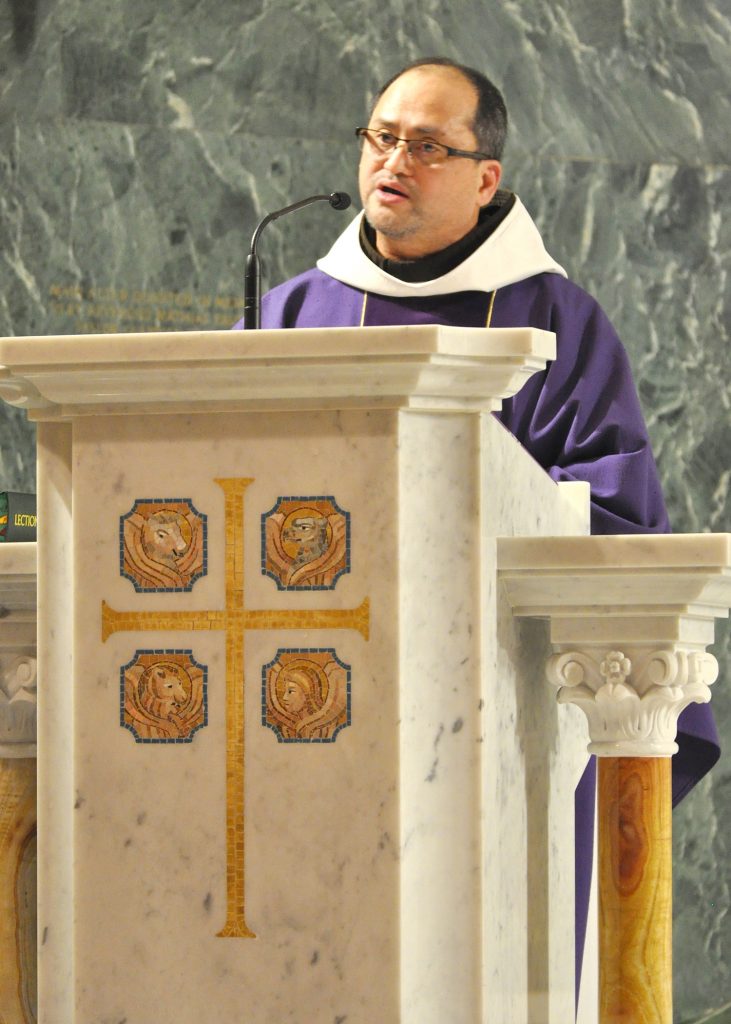
In midtown Manhattan, the Church of St. Francis of Assisi, where Filipino pastor Father Julian Jagudilla also serves a large Filipino congregation, has taken it one step further by livestreaming daily and Sunday Masses for their members. “They’ve been very faithful in following us,” says Father Julian. “But of course, people express the fact that they miss the church.”
So far, there have been no confirmed cases of COVID-19 among parishioners at St. Francis.
Both St. Francis and Our Lady of Lourdes have mobilized alternative forms of community support in the wake of the crisis. “We’re trying to focus more on the immediate needs of the local community,” says Father Patrick. At Our Lady of Lourdes, that support has mostly consisted of food delivery from the church’s food pantry to assist those quarantined at home.
St. Francis offers a similar grocery service through its Franciscans Deliver program. Father Julian also says that his parishioners—many of whom are migrant workers—have asked the church for direct financial assistance as unemployment in the city skyrockets with the sudden closing of businesses.
“Just this week we have created what we call the Franciscan Relief Fund, where we will offer financial assistance, especially to undocumented migrants who lost their jobs,” says Father Julian. “Given this crisis today, I think that is our most timely, relevant, and concrete response.”
The COVID-19 crisis has created the necessity for a more direct community engagement from Queens churches, which Father Patrick sees as a kind of silver lining to a bleak situation. “It’s forced us to make that extra effort. Before, we were there physically, but we didn’t really communicate,” he says. “That’s the good coming out of this—to make that call, to do our best to check up on one another. And there are many people here who are stepping up to the plate.”

